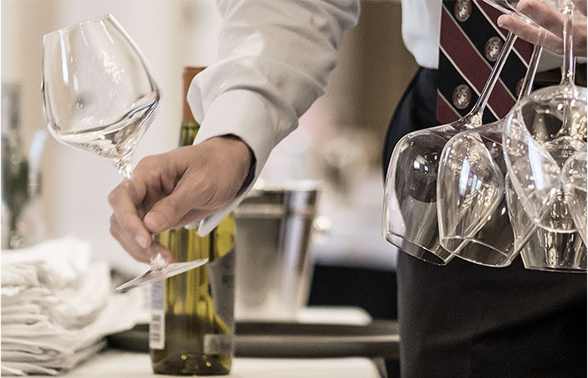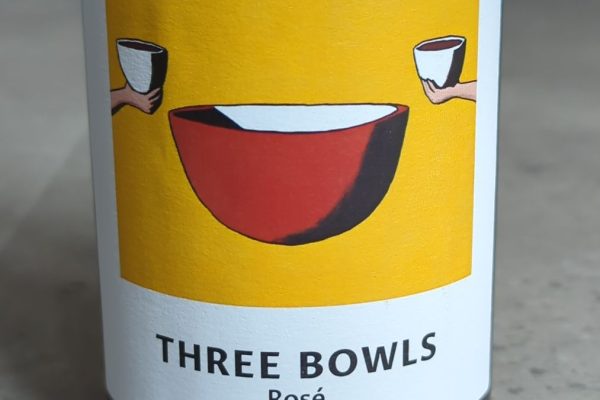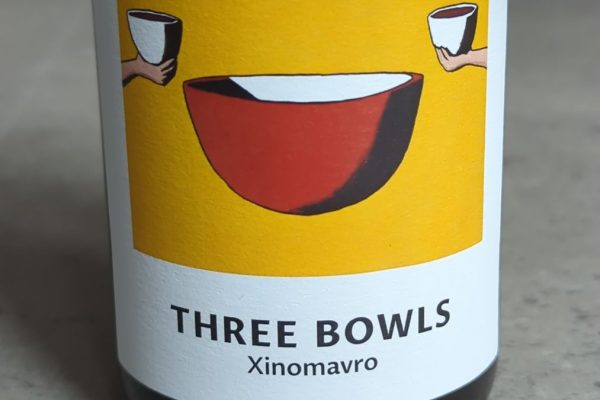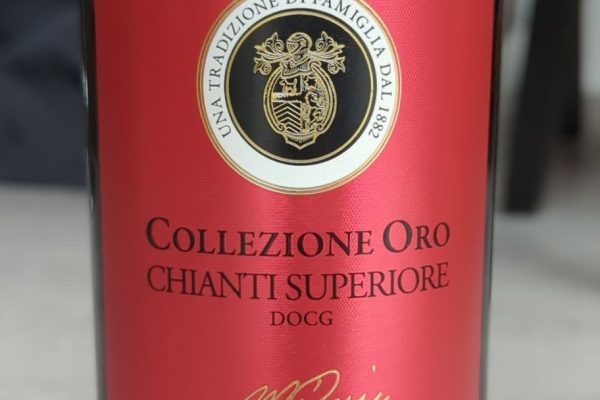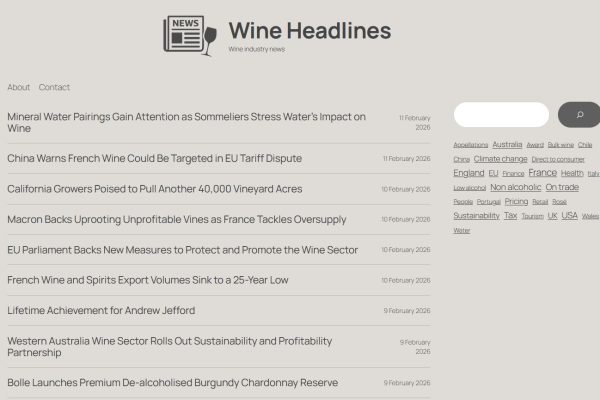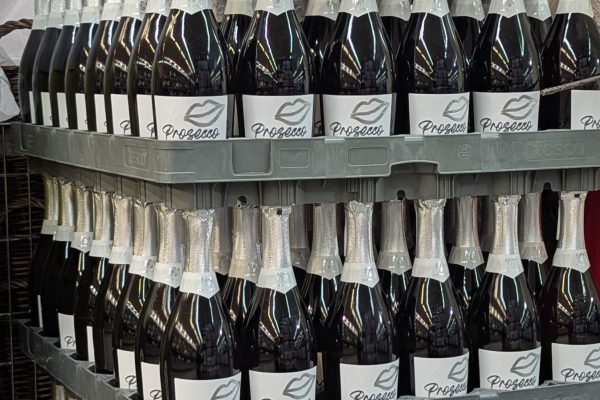
You might wonder why all the wines that I and others review seem to be either satisfactory or excellent, with none described as poor. After all, preventing someone buying a bad wine might be seen as important as choosing a good one.
When I began posting wine reviews, it became clear that I needed to establish some guiding principles regarding negative evaluations. First of all, whether I encounter a wine at a tasting event, purchase it myself, or receive it as a sample, I treat it identically. This consistency is crucial in ensuring fairness and credibility.
The decision to withhold negative wine reviews has evolved into a notable characteristic of contemporary wine journalism. Unlike critics in artistic realms, such as literature, music, or cinema, where candid critiques are commonplace, even celebrated works are frequently scrutinised and criticised openly. However, wine writing exists within unique constraints that often deter frank assessments of wines deemed subpar.
One key reason for this stems from the inherently subjective nature of taste perception. Taste perception in wine is inherently subjective, influenced by individual biology, experience and cultural background. Factors such as genetics shape our sensitivity to certain flavours, while personal experiences and exposure to different wines refine our preferences over time. Psychological elements, including expectation and setting, can further alter our perception of a wine’s taste, making it difficult to establish absolute standards of quality. I have written more about this in Understanding and Using Wine Ratings.
Additionally, the quality of wine can be compromised after it leaves the producer’s control. Factors such as improper storage, exposure to light (‘light strike’), bottle shock or just time can significantly alter a wine’s characteristics. Consequently, what might initially appear as a fundamental flaw could merely reflect unfortunate post-production handling rather than inherent issues with the wine itself.
Professional and personal considerations also play a critical role. Wine writers must carefully balance their credibility against the risk of potential retaliation from others in the wine ecosystem. Writers who openly disparage wines often find themselves excluded from future sampling opportunities, thus limiting their professional effectiveness. Being negatively honest about wine can cause considerable stress and distraction.
Moreover, negative reviews can inflict substantial economic damage. A 2024 study conducted by the American Association of Wine Economics found that a single unfavourable review can reduce a wine’s secondary market value by 7–12%. This impact is particularly severe for smaller, artisan vineyards operating on razor-thin margins. Furthermore, negative feedback tends to lodge persistently in the memory, overshadowing more transient praise, thereby amplifying its detrimental effects.
In conclusion, the absence of negative wine reviews reflects a nuanced and multifaceted set of considerations, ranging from the subjective and physiological aspects of taste to practical, professional, personal and ethical factors. Collectively, these dynamics have shaped not just my policy, but that of almost all wine writers, leading us to refrain from publicly posting unfavourable assessments. If, in our opinion, a wine isn’t good enough, we tend not to write about it.





